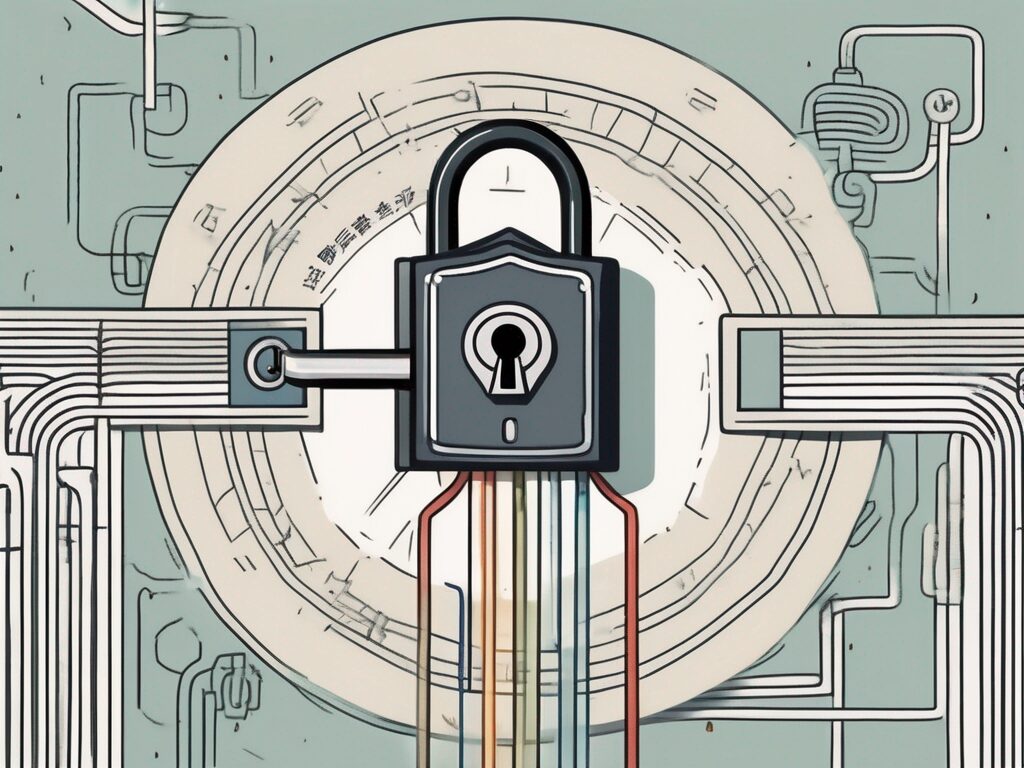The world of higher education is a complex and ever-changing landscape, particularly when viewed through the lens of international teaching. For those with a Postgraduate Certificate in Education (PGCE), the prospect of teaching in China can be both exciting and daunting. The Chinese higher education system is unique, presenting a set of challenges that can be quite different from those encountered in Western educational systems. In this comprehensive guide, we’ll delve into five of the major challenges faced by PGCE teachers in China, offering insights and practical solutions to help you navigate this dynamic educational environment.
1. Understanding the Cultural Differences
Respect for Authority
In Chinese culture, respect for authority figures, including teachers, is deeply ingrained. This can sometimes result in students being reluctant to question or challenge their teachers, which can be a stark contrast to the more interactive and debate-driven style of learning often encouraged in Western classrooms. As a PGCE teacher, understanding this cultural nuance is crucial to fostering an effective learning environment.
Collectivist Culture
China’s collectivist culture also plays a significant role in the classroom. Students often work together in groups and are less inclined towards individual competition. This can be a challenge for teachers used to promoting individual achievement, but it also presents an opportunity to foster teamwork and collaborative problem-solving skills.
2. Language Barriers
Teaching in English
While English is widely taught in Chinese schools, proficiency levels can vary greatly among students. This can present a significant challenge for PGCE teachers, particularly those teaching complex subjects. It’s important to be patient, use simple language where possible, and utilise visual aids to help convey complex ideas.
Learning Mandarin
While not a requirement for teaching in China, learning some basic Mandarin can greatly enhance your teaching experience. It can help you communicate more effectively with students and staff, and also shows respect for the local culture. There are many resources available online to help you get started.
3. Adapting to the Chinese Education System
Exam-focused Learning
The Chinese education system is heavily exam-focused, with students’ futures often hinging on a single set of exams. This can lead to a high-pressure learning environment and a focus on rote memorisation over critical thinking. As a PGCE teacher, it’s important to strike a balance between preparing students for exams and fostering a love of learning.
Large Class Sizes
Class sizes in China can be much larger than what many Western teachers are used to. This can make individual attention difficult, but also encourages the development of effective classroom management skills. Using technology and teaching assistants can help manage larger classes effectively.
4. Navigating Bureaucracy
Visa Process
The process of obtaining a work visa for China can be complex and time-consuming. It’s important to start the process well in advance and to be prepared for potential delays. Working with a reputable recruitment agency can help streamline the process.
Work Permits and Regulations
Once in China, understanding and complying with work permits and regulations is crucial. This includes understanding the terms of your contract, your rights and responsibilities as a foreign worker, and the procedures for renewing your work permit.
5. Living and Working in a Different Environment
Adjusting to Life in China
Living and working in a different country can be a major adjustment. From understanding local customs and etiquette to navigating daily life, there can be many challenges. However, with an open mind and a willingness to learn, these challenges can also become rewarding experiences.
Professional Development Opportunities
Working in China can offer a wealth of professional development opportunities. From learning new teaching methods to gaining experience in a different educational system, there are many ways to grow and develop as a teacher. It’s important to take advantage of these opportunities and to continually seek ways to improve your teaching practice.
In conclusion, teaching in China as a PGCE teacher can present a unique set of challenges. However, with a good understanding of the cultural, linguistic, and educational differences, as well as the bureaucratic processes involved, you can navigate these challenges successfully. Remember, every challenge is an opportunity for growth and learning. Embrace the journey, and enjoy the rewarding experience of teaching in China.
Take Your Teaching Career to New Heights with The IQTS at UWE
As you embrace the challenges and opportunities of teaching in China, The International Qualified Teacher Status (iQTS) Programme at UWE is your key to unlocking professional growth and global recognition. With iQTS, not only can you meet the stringent qualification requirements of international schools, but you can also enjoy a 50% increase in interview callbacks. Imagine advancing your career with a 45% higher promotion rate and a 30% salary boost, all while connecting with a global community of educators, reducing feelings of isolation by 300%. The iQTS programme equips you with a deep understanding of international curricula, making you 65% more adaptable in diverse educational settings. Plus, with flexible online study options, you can balance your professional development with your teaching commitments seamlessly. Make Your Next Step towards a more fulfilling teaching career with the iQTS at UWE.

